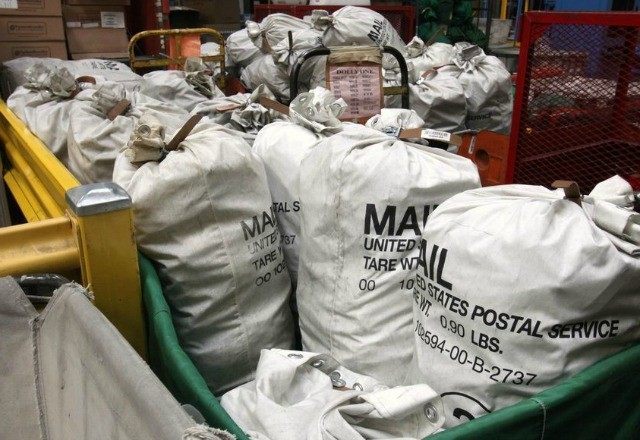Many consumers like the United States Postal Service and can appreciate our local mail carriers. However, the Postal Service keeps attempting to shift its focus and is losing money in the process. The agency has lost over $50 billion in the last eight years, putting its core letter mail services that consumers depend on at stake.
So what is the root of the Postal Service’s trouble? Regrettably, it is trying to expand into new business ventures, many of which lack proven financial sustainability. Most of its primary services, however, have consistently succeeded. Mail delivery is profitable, yet standard mail flats and parcels (services where competition is intense) are losing money. This prompts legitimate queries about the intertwined financial relationship of the successful products –which are only provided by Postal Service – and other items where the agency is one of many suppliers.
The broader systemic questions lie in where the Postal Service’s dominance in the market may end and where competition begins. In a recent study, this matter came under close examination, finding that the Postal Service’s monopoly advantages involve $18 billion in annual subsidies. Systemically, a lack of limitations in place for simultaneously operating in competitive and non-competitive spheres, as the paper points out, results in diminished quality of service and accuracy in pricing that is needed for providing products that consumer consistently demand.
Further, in balancing both sides of the market, the risk remains for the gains from some services to be used to sustain other offerings, despite rules that have been put in place to prevent it. Knowing that the Postal Service attributes only limited portions of its costs to specific products leaves the drivers of many expenses unknown. The Postal Service is truly best served ensuring that prices in all areas, including competitive ones, accurately reflect consumer’s willingness to pay.
The Postal Service is not a new venture incubator led by sharp inventors or visionary entrepreneurs. There are no parents’ garages for free development space, or nimble staff willing to work for a small interest in a future IPO. Postal employees demand union contract compliance and regular hours and pay. Postal management will be unable to devote the laser-like focus of an entrepreneur. With so many factors working against the creation of new, successful lines of business, it should rethink its ability to do so.
What we’ve witnessed includes the Postal Service’s agreement with Amazon to enhance Sunday parcel delivery service. Not only does the venture make the agency more obligated to corporate partners (there are reports that “priority mail” is getting lower priority compared to Amazon’s packages), but the trial suffered a lack of cost controls and necessary scheduling efficiencies to prevent excessive hours and days without time off.
Another new Postal Service diversion called Metro Post let retailers take orders and have them delivered the same day. For roughly an $8 delivery charge per package, the service cost $108 – or a $100 loss per package. Suffice it to say that the delivery costs overwhelmed its revenues, and the trial was suspended.
Now the agency is considering re-entering financial services, such as check cashing and perhaps even pay-day loans. Consumer interest in using the Postal Service for these services, however, has continued to be lukewarm, partly because they are already widely available.
It is in our interest to keep the Postal Service as a viable provider of its core services and have it manage its unfunded benefits payments properly, but there is no clear path to recover its financial losses through new money-losing ventures. The Postal Service is an unlikely incubator for new lines of business, and its monopoly advantage should not be used to pave the way for development.
First class and standard mail are the main profit centers for the Postal Service, and it is tethered to the public’s need to have paper documents delivered on time and at a stable price. With the challenges of delivering over 114 billion letters each year, the Postal Service should focus on performing its core mission as efficiently as possible.
Alan Daley and Steve Pociask write for The American Consumer Institute Center for Citizen Research, a nonprofit educational and research organization. For more information about the Institute, visit www.theamericanconsumer.org.

COMMENTS
Please let us know if you're having issues with commenting.